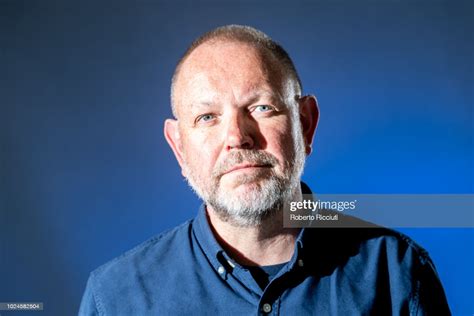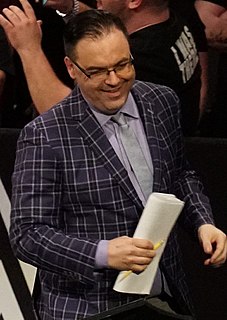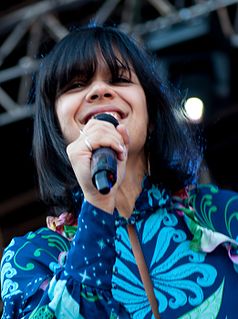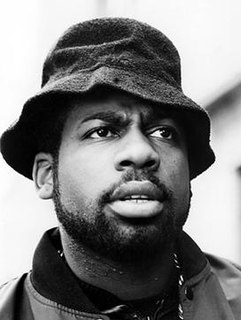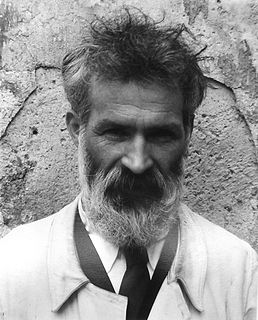A Quote by Michael C. McMillen
I see myself as a very eclectic person and artist. I use all kinds of sources for the work as maybe some large pieces. Ideas come from all kinds of areas; literature, popular culture, dreams, you name it.
Related Quotes
Just like I described in health care, yeah, somebody comes in, they got new ideas, maybe ideas that are completely opposite of my ideas. Maybe some of it goes, maybe some of that progress goes back. Maybe they think of some things we didn't think of, and so in some other areas - we can learn something.
I feel it's my social responsibility to shine a light on areas that don't get seen. My personal feeling is that it's an artist's responsibility to be engaged with the culture. And when the culture is going through turmoil, I think an artist can't ignore that. I don't feel that every artist has to be politically engaged, but I can't imagine that you can be an active participant of this culture and not in some way reflect that in the work you are creating.
Why should literature be easy? Sometimes you can do what you want to do in a simple, direct way that is absolutely right. Sometimes you can't. Reading is not a passive act. Books are not TV. Art of all kinds is an interactive challenge. The person who makes the work and the person who comes to the work both have a job to do. I am never wilfully obscure, but I do ask for some effort.
Art and literature need extreme sociality to a degree that even dolphins don't have. We are the only large mammalian species that has such intense sociality. There are some small mammals that have become eusocial - the mole rats - but that's a different thing. Humans are able to understand one another at very high levels, to cooperate in very large groups. Humans depend on one another in ways that are an absolute precondition to sharing the kinds of information that makes narrative possible.
It's very much to do with how I'm feeling ... I love to be experimental and use eclectic mismatched things and put them together to see what third entity is created! I'm not really frightened by experimenting - that's the main thing. I really like mixing very old beautiful pieces that are from thrift shops or that have some historical value with quite new futuristic things.
My name should not be made prominent. It is my ideas that I want to see realized. The disciples of all the prophets have always inextricably mixed up the ideas of the Master with person, and at last killed the ideas for the person. The disciples of Sri Ramakrishna must guard against doing the same thing. Work for the idea, not the person.
For an academic to launch a public conversation about journalistic integrity, the role of religion in society, scholarship and faith is a dream come true. These are the kinds of things that we sit around talking to each other about in our dusty libraries. To see these conversations take place in popular culture is the best thing that could have ever happened.
The church is like any large corporation in one respect. In its early days, either the early church or the early years of Microsoft, you see all kinds of creativity, innovation, invention, people have nothing to lose, they're trying to find what works. Then you wake up and you're a vast enterprise, and it's very hard, when you have all kinds of buildings and structures and hierarchy and so on, to hang on to these very creative impulses that helped you get your great success in the first place. As a church we're going to have to figure a way out from under this.




